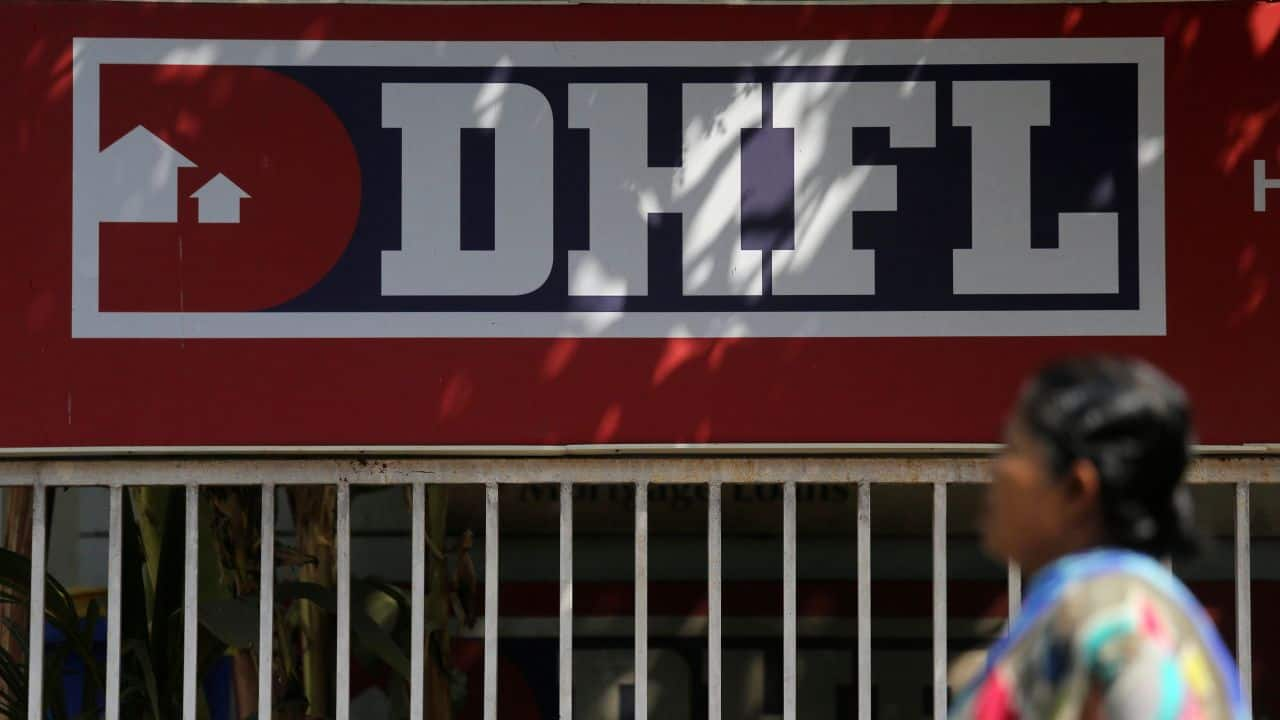Pfizer and BioNTech said on December 2 the COVID-19 vaccine will be rolled out for use from next week. Here's everything you need to know about this vaccine candidate and more
The UK has become the first country to authorise the Pfizer-BioNTech COVID-19 vaccine for use. It said on December 2 the COVID-19 vaccine will be rolled out for use from next week.
Here's everything you need to know about this vaccine candidate and more
Is India in talks with Pfizer?
Yes. According to the health ministry, its National Expert Group on Vaccine Administration for COVID-19 was in talks with “all candidate vaccine manufacturers” for supply to India.
Addressing the daily press conference, Union Health Secretary Rajesh Bhushan confirmed that India was considering a tie-up with Pfizer.
How many doses of the vaccine will be made available?
The firm said it was aiming to produce up to 50 million vaccine doses in 2020 and 1.3 billion in 2021.
What are some of the challenges?
While the UK has ordered enough Pfizer vaccine for 20 million people, it’s not clear how many will arrive by year’s end. Adding to the distribution challenges, the Pfizer vaccine must be stored at ultra-cold temperatures.
As for providing a vaccine to India, Adar Poonawala, CEO of Serum Institute of India (SII), had estimated a need for close to 15 billion doses of the COVID-19 vaccine if a two-dose programme – similar to the measles vaccinations drive – is initiated.
When will the vaccine candidate be ready for use?
According to what the firms have revealed today, it should start arriving in the UK within days and could be used on British citizens from next week.
What are some of the other options currently being considered in India?
COVISHIELD, currently being developed by the SII is in the process of applying for emergency use licensure for its COVID-19 vaccine. It is manufacturing 50-60 million doses per month, and from January, it would increase the production to 100 million doses per month.
Bharat Biotech and ICMR have already started the phase 3 trial of the indigenously developed COVAXIN jab.
Zydus Cadila will apply for Phase 3 clinical trials of its experimental COVID-19 vaccine in December and expects to launch it by March 2021.
Infact,
Russia's Sputnik-V COVID-19 vaccine might become available for supply as early as next month. According to Kirill Dmitriev, Chief Operating Officer of RDIF,
they are hoping for approval in January 2021, and are "ready to supply the vaccine to a wider population within the same timeframe".
How much will it cost?
While it is not yet known how much the vaccine will cost, existing health insurance policies are unlikely to cover the cost of vaccination and adverse reactions, if any.












_2020091018165303jzv.jpg)


























